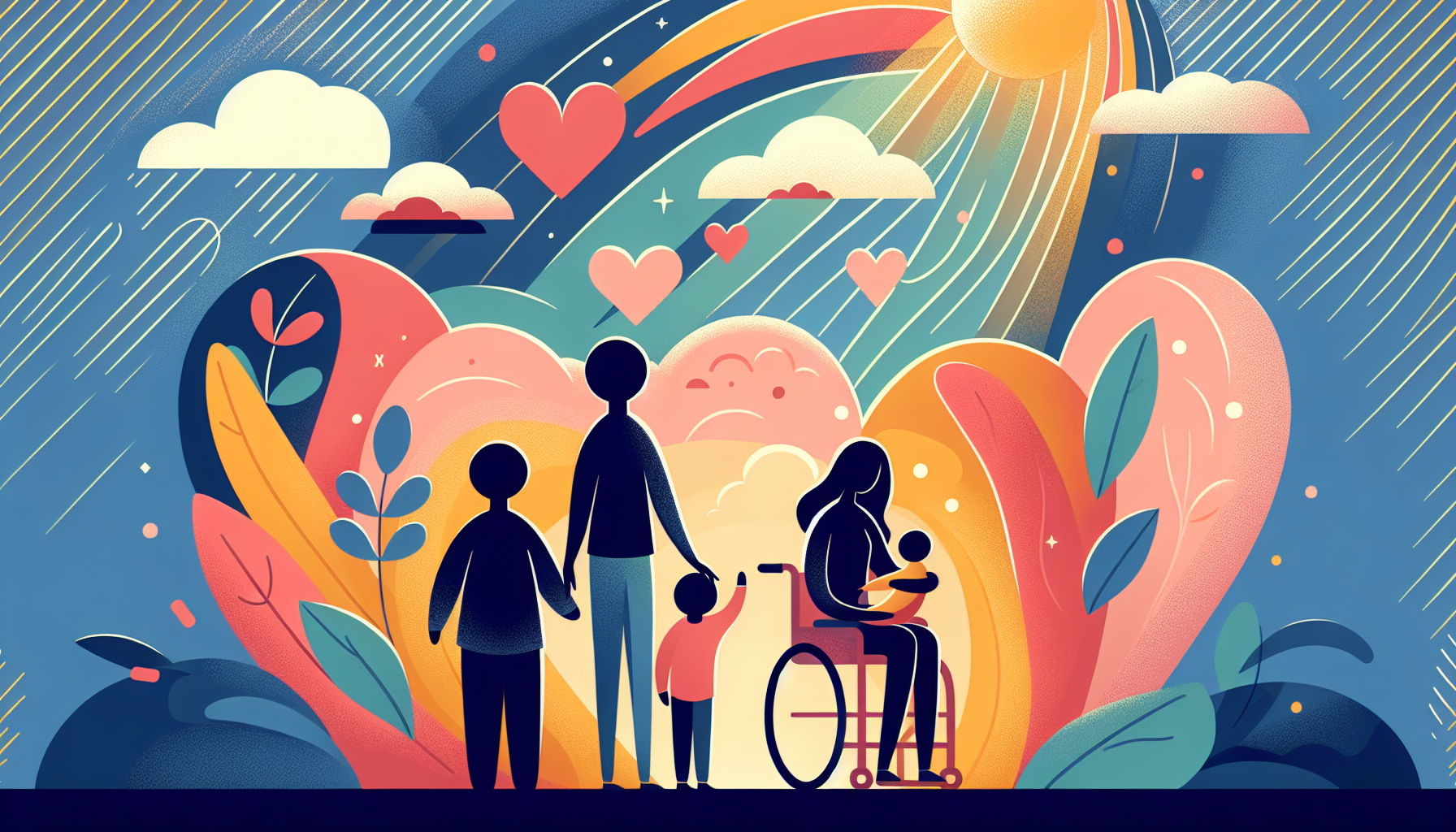Down syndrome is a genetic condition that causes mild to significant physical and developmental challenges. People with Down syndrome are born with an extra chromosome, leading to a range of issues affecting them mentally and physically. Despite these challenges, individuals with Down syndrome can lead fulfilling lives with the right care and support.
What Causes Down Syndrome?
Down syndrome occurs when a person has an extra copy of chromosome 21. This additional genetic material alters the course of development and causes the characteristics associated with Down syndrome. The exact reason for this chromosomal change is unknown, but it is not linked to anything in the environment or the parents' actions.
Types of Down Syndrome
There are three types of Down syndrome:
Trisomy 21: The most common type, occurring when all cells have an extra chromosome 21.
Translocation Down syndrome: Occurs when an extra part or whole chromosome 21 attaches to another chromosome.
Mosaic Down syndrome: Occurs when only some cells have an extra chromosome 21.
Symptoms and Physical Features
People with Down syndrome may have the following physical features:
Upward slanting eyes
Small ears and a flat nose
Protruding tongue
Short neck and overall height
Small hands and feet
Loose joints and weak muscle tone
In addition to physical traits, individuals with Down syndrome may experience developmental delays, intellectual disability, and an increased risk of certain health conditions, such as heart defects, hearing and vision problems, and thyroid disorders.
Diagnosing Down Syndrome
Down syndrome can be diagnosed during pregnancy through prenatal screening tests and diagnostic tests, such as:
Blood tests measuring specific proteins and hormones
Cell-free DNA test analyzing the baby's DNA in the mother's blood
Ultrasound examinations
Chorionic villus sampling (CVS) or amniocentesis
After birth, a diagnosis can be confirmed through a blood test called a karyotype, which examines the baby's chromosomes.
Treatments and Support for Down Syndrome
While there is no specific treatment for Down syndrome, a wide range of therapies and support services can help individuals reach their full potential. Early intervention is crucial and may include:
Physical, occupational, and speech therapy
Behavioral counseling
Specialized education services
Social and recreational activities
Job training and self-care skill development
Families can also benefit from connecting with support groups, learning about the condition, and working closely with healthcare professionals to manage any associated health issues.
Tips for Families
Raising a child with Down syndrome can be both rewarding and challenging. Some helpful tips for families include:
Building a strong support system
Encouraging independence and setting high expectations
Creating a consistent daily routine
Using visual aids and simple language to facilitate communication
Focusing on the child's unique needs and abilities
Remember, every child with Down syndrome is unique, and with love, support, and appropriate interventions, they can lead happy and fulfilling lives.
For more information and support, visit:


